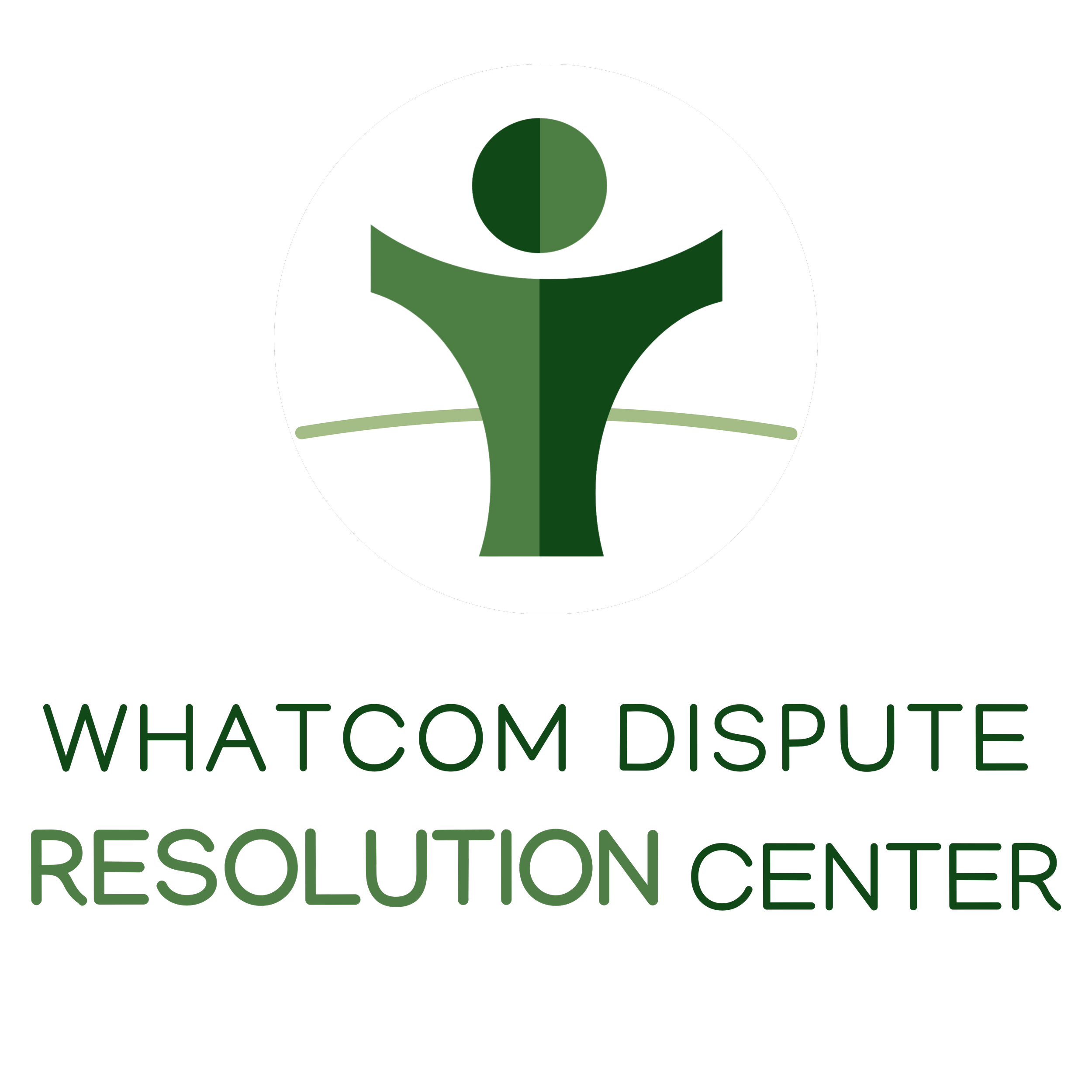Hope Science: Not Just Surviving, But Thriving
by Marissa Collins, AmeriCorps Youth Program Specialist
As Youth Program Specialist at the WDRC, I have many opportunities to attend community prevention coalition meetings and learn about the latest research pertaining to positive youth development. One thing I've heard from every single coalition is the concept of "hope science", a new focus for encouraging thriving and well-being - not just in youth, but in all people. This research is spearheaded by Dr. Chan Hellman of University of Oklahoma, and he has already published many papers and presentations on the subject. In this article, I will give a very brief summary of what I have learned from attending meetings, but there are countless resources available online if you are interested in learning more.
How do we help others not just to survive, but to flourish as well?
In the past, studies on well-being have focused on negative factors to avoid, such as adverse childhood experiences (ACEs) or toxic stress. More recently, researchers have been asking the question, “What are the positive factors that we should encourage?” The studies aiming to answer this question have demonstrated that hope is one of the top predictors of well-being and ability to flourish. In fact, hope has a stronger effect than resilience on overall well-being. Although preventative factors are of course still very important, the absence of trauma does not equate to flourishing positive health. Chan Hellman is one of the top researchers in hope science, and the rest of the information will be coming from his studies and presentations, which can be found online.
What does it mean to flourish?
To flourish means not just to have a low amount of trauma or stress, but also to truly enjoy life and thrive. A few examples of what this looks like could be: feeling connected to the community, full engagement in everyday activities, experiencing more positive emotions than negative, presence of healthy relationships, finding meaning, and achieving goals.
What does it mean to hope?
Hope is defined by Chan Hellman as, “the belief that your future will be better than today and you have the power to make it so.” This requires both pathways thinking and agency thinking. Pathways thinking is the means to the goal, the steps a person must take to achieve their hopes. Agency thinking is motivation, or having the dedication to follow the path one has created. Agency without pathways is more like wishful thinking, and may not lead to tangible results, so the presence of both is vital to hopefulness and goal achievement.
What are the benefits of hope?
Hope is correlated with better social, emotional, and physical well-being. In youth, those with high hope have a fraction of the depression, suicidal ideation, drinking, and smoking rates seen in youth with low or no hope (2018 Healthy Youth Survey). In Whatcom County, similar results are found. Hope is a powerful thing, and it’s achievable for any person – even those who may have high ACE scores or have experienced toxic stress or trauma.
How do we nurture hope?
All of us are able to promote and nurture hope in those around us, those we serve, and ourselves. Once we are aware of the powerful effects of hope, we can begin just by speaking on hope to others. If we want to take it a step further, we can encourage goal setting utilizing both pathways and agency thinking. If a person is having trouble envisioning the path to their goal, help them by problem-solving or referring that person to local resources. And when circumstances change, setting a new goal can be adaptive and helpful. A community of hope can start with a small ripple, which can then spread and grow. And we can start that today.
If you’d like to learn more about hope science, Chan Hellman will be in Ferndale on March 19th. More details to follow, but save the date now!
In the meantime, here are some articles for additional information:
https://www.acesconnection.com/blog/dr-seuss-resilience-and-the-science-of-hope-by-chan-hellman-phd-and-casey-gwinn-j-d
And some of Chan Hellman’s presentations:
https://thurstonthrives.org/hope-resources-available-online/
Chan Hellman’s website:
https://chanmhellman.com/
Whatcom County Healthy Youth Survey results can be found at:
https://www.askhys.net/FactSheets

